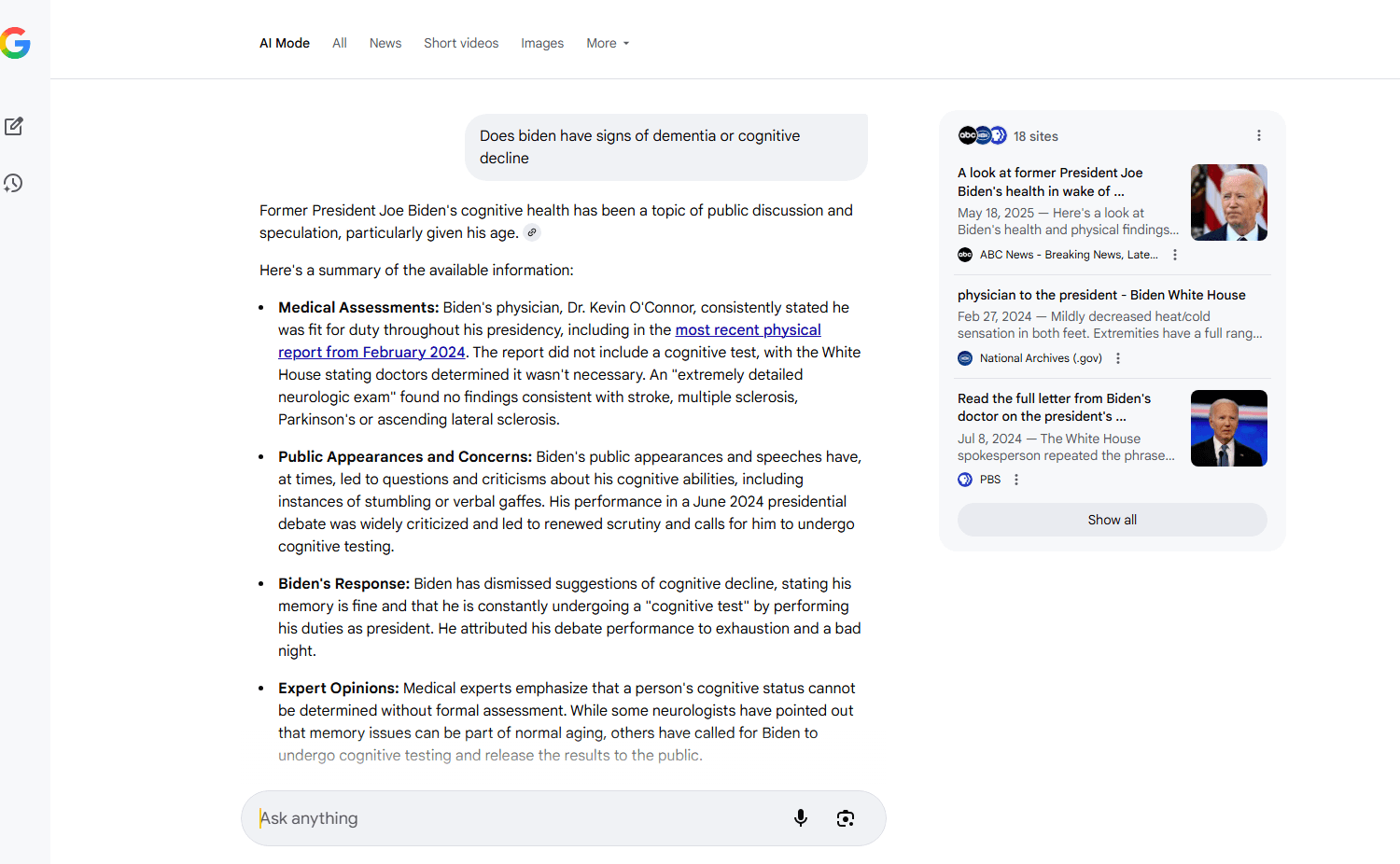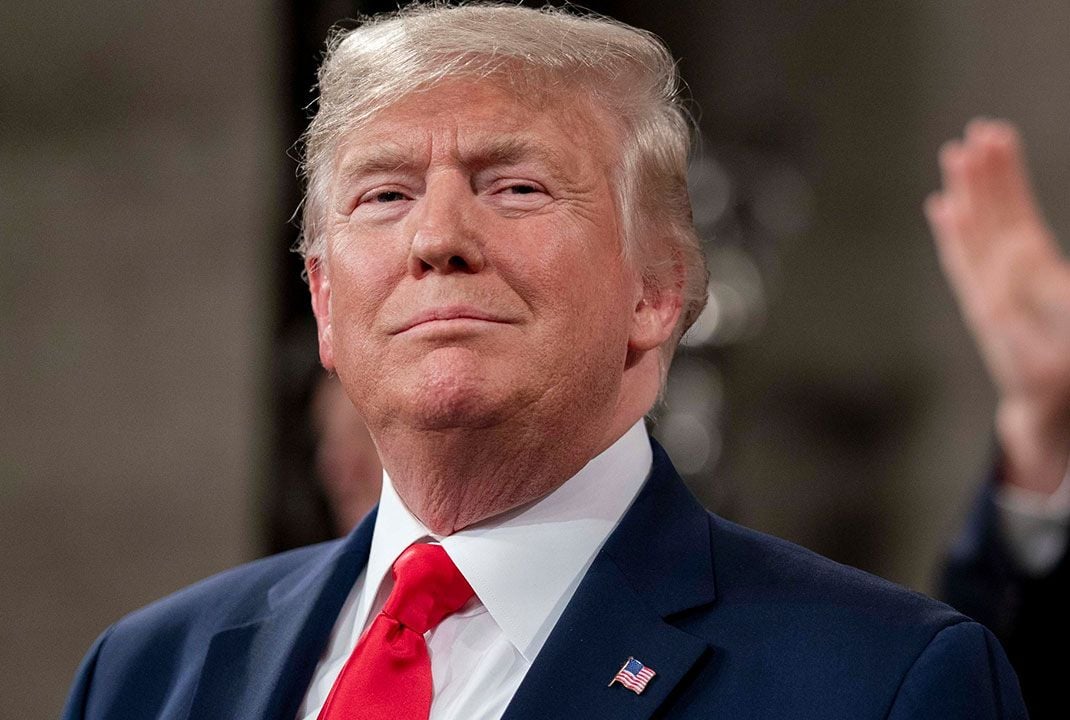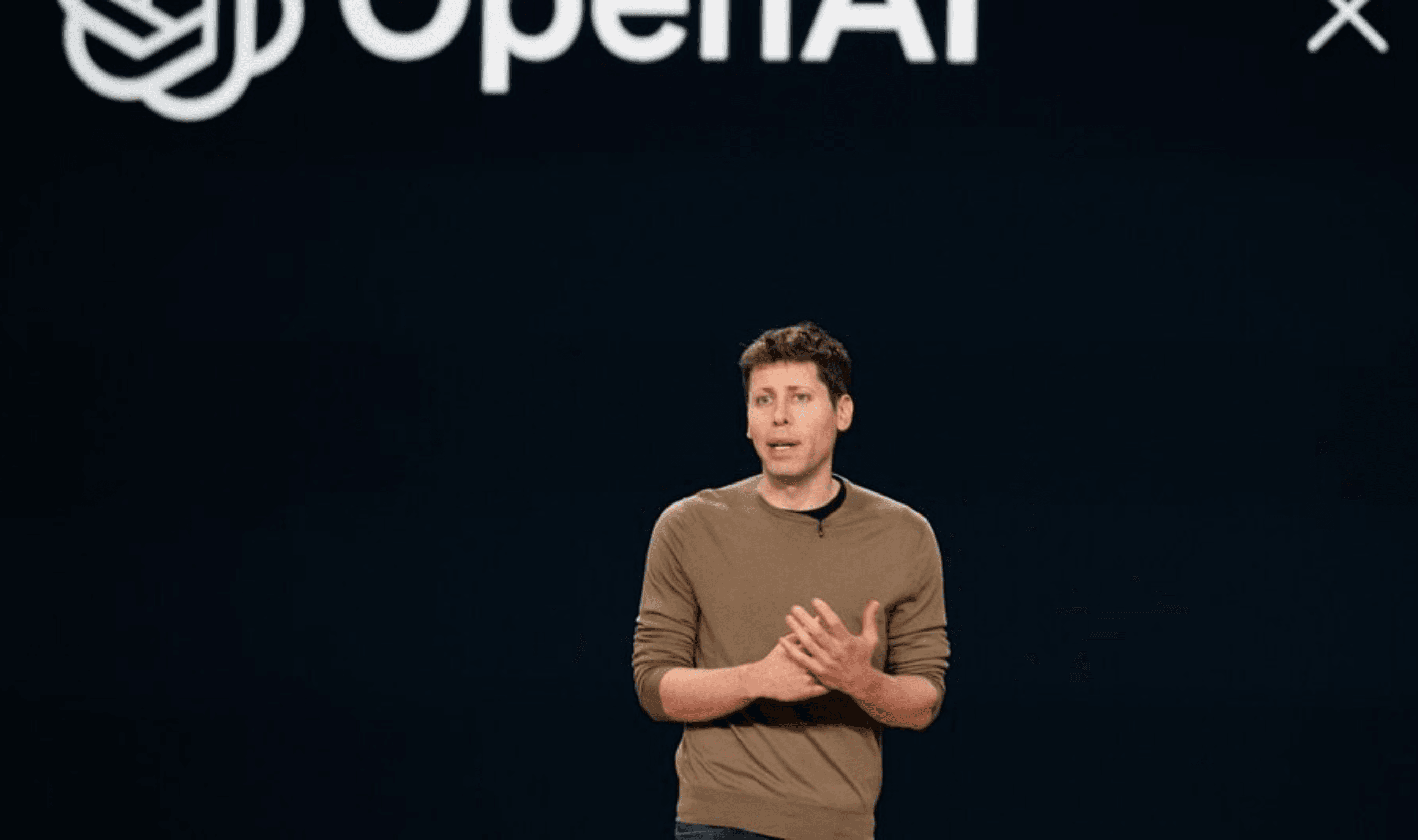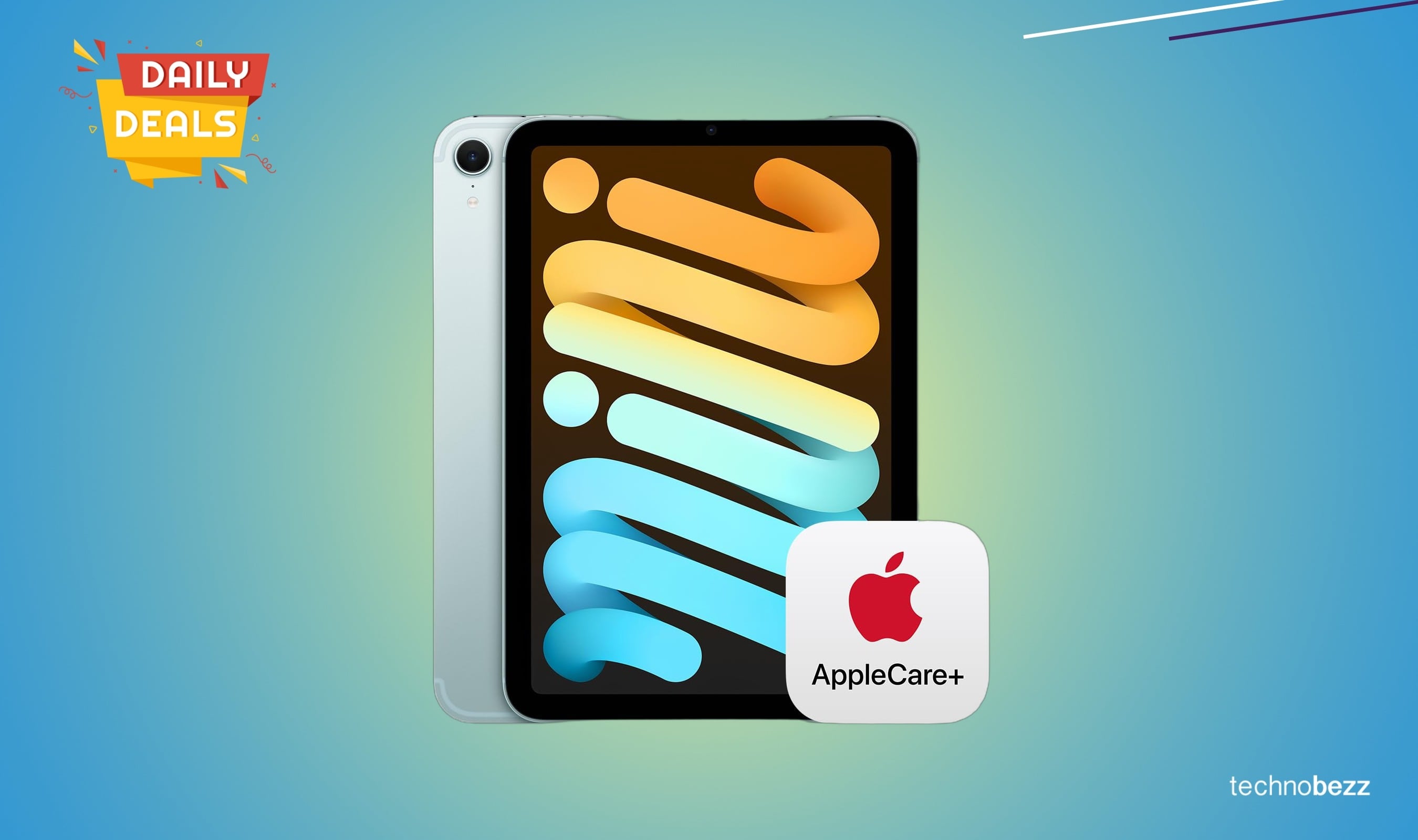Google is facing fresh accusations of political bias after users discovered the company's AI search tools appear to be blocking results about Donald Trump's mental health while providing summaries for similar queries about Joe Biden.

When you search "does Trump have signs of dementia or cognitive decline" in Google's AI Overview, you get a polite but firm message: "An AI Overview is not available for this search." But swap out the name for Biden, and Google's AI Mode happily generates a detailed summary discussing the "complex question with various perspectives and differing conclusions." The discrepancy was first spotted by The Verge and has since been verified by multiple news outlets.

Here's the thing: this isn't just about one search term. Multiple queries about Trump's cognitive health - including searches about Alzheimer's and general mental acuity - all trigger the same AI block. Meanwhile, identical searches for Biden produce complete AI summaries that present both sides of the debate, even referencing Special Counsel Robert Hur's report describing the former president as a "well-meaning, elderly man with a poor memory."
Google's official explanation feels a bit thin. A company spokesperson told The Independent that "our systems automatically determine where an AI response will be useful, and it's not always 100 percent consistent." They added that AI Overviews "won't show a response to every query" and that for some topics, particularly current events, the system may show links instead of generating a response.
But the timing here is, well, interesting. This discovery comes just as Google's YouTube agreed to pay Trump $24.5 million to settle a lawsuit over his account suspension following the January 6, 2021, Capitol riot. And it follows Google CEO Sundar Pichai's recent White House dinner where he praised Trump's leadership and the administration's "AI Action Plan" launched in July.
The pattern raises legitimate questions about whether Google is being extra cautious with Trump-related content. The Verge suggested the company might be "worried about the president's response" to questions about his alleged mental decline. Given Trump's history of litigation against tech companies - including a 2021 lawsuit alleging censorship by Google, Twitter, and Facebook - the concern isn't entirely unfounded.
Trump, who turns 80 next year and would become the oldest sitting president in US history, has faced increasing scrutiny about his cognitive abilities. Recent incidents include rambling speeches, memory lapses, and factual errors like claiming during a press conference with Israeli Prime Minister Benjamin Netanyahu that his term "officially began" in 2016 rather than 2017. He's also made bizarre claims, including that his uncle taught the Unabomber at MIT.
Psychologist Dr. John Gartner told the Daily Beast Podcast that Trump's "major deterioration" in language skills could be a sign of dementia. "He used to speak with a high level of vocabulary in very polished paragraphs," Gartner noted. "Now what we see is not only has his vocabulary gone down, but... there are times when he's really unable to complete a thought. Sometimes he's unable to complete a word."
Trump, who describes himself as a "very stable genius," has consistently dismissed concerns about his mental health and frequently boasts about passing the Montreal Cognitive Assessment - a basic screening test that involves tasks like drawing a clock and identifying animals.
The broader context here matters. Google has faced repeated accusations of political bias over the years, with Republican lawmakers regularly grilling tech CEOs about alleged anti-conservative censorship. Just last year, Congressman Lance Gooden demanded answers from Pichai about what he called "election interference" through search result manipulation.
What's particularly striking about this latest incident is how it highlights the inherent challenges of AI moderation. When Google's algorithms decide what's too sensitive to summarize, they're making editorial judgments - and those judgments are increasingly coming under scrutiny. The company walks a tightrope between providing useful information and avoiding controversy, but inconsistent treatment of similar queries makes that balancing act look more like selective enforcement.
As AI becomes more integrated into our information ecosystem, these kinds of discrepancies will only become more visible - and more controversial. For now, Google maintains that its systems are simply being selective about when AI responses are appropriate. But when that selectivity appears to follow political lines, it's hard not to wonder who's really making the decisions.
If you enjoyed this guide, follow us for more.















